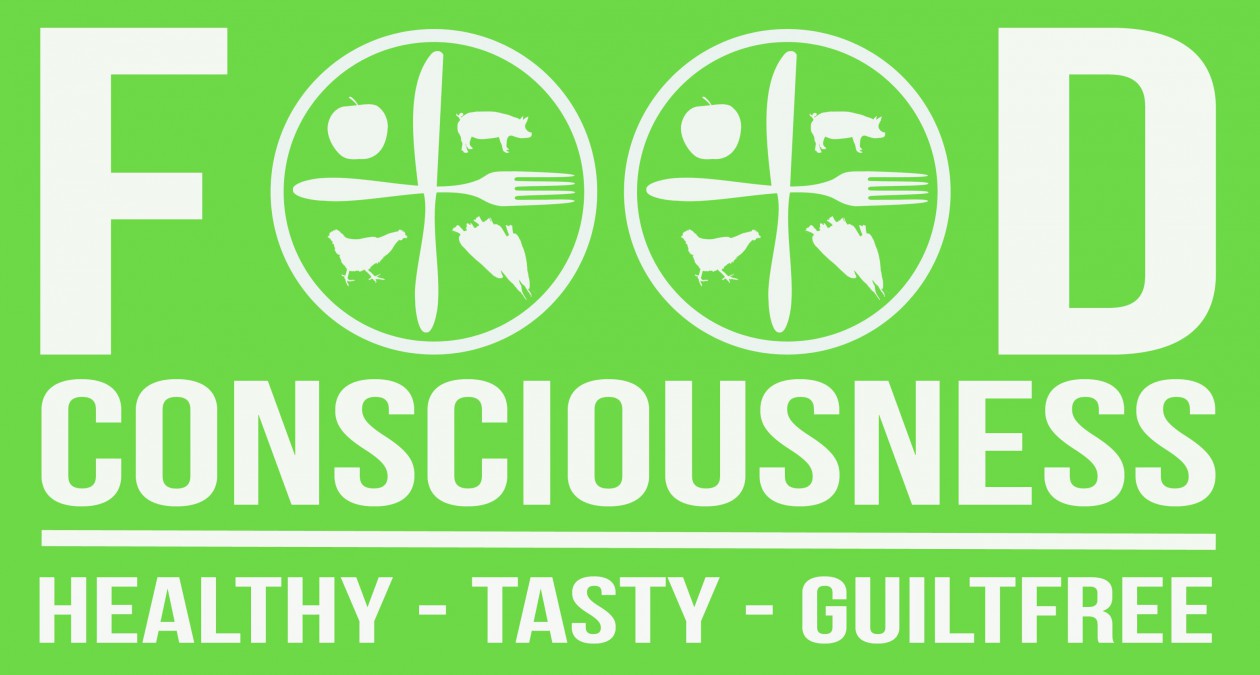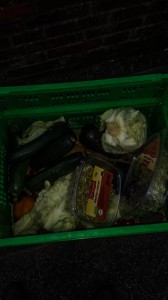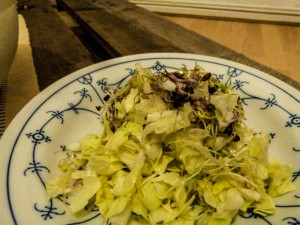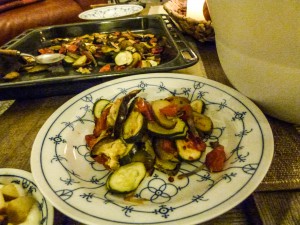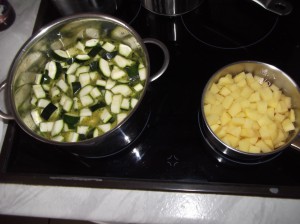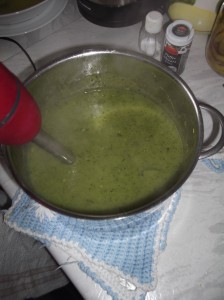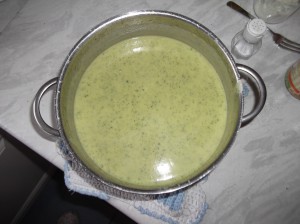Two hundred and fifty-five. It probably took you a split second to read this. By now, I am sure, at least one second has passed and another two hundred and fifty-five animals have been killed in the UK alone, to serve and be served on our plates. Worldwide, it is more than 3000 animals per second (not counting the vast amounts of fish and sea creatures) who have a miserable end put to their short and miserable lives in this very moment. Most people don’t even bother to think about these numbers. Why should they? It is incredibly disturbing to do so – just as disturbing as the circumstances under which said animals have been reared before they were slaughtered in inhumane ways.
Today’s high-pressure agriculture’s goal is to produce as much meat, eggs and milk for as little money as possible – at the cost of the animals. In such factory-farms, cows, calves, pigs, chicken, turkeys, ducks and other animals are trapped in overcrowded stalls, cages, crates or sheds, where they are often unable to even turn around or take a single step in their entire lives. They are so over-bred and over-fed that they literally grow to death. They are neutered and crippled without anesthesia. Male chicks born in egg-production hatcheries are sorted out and suffocated, gassed or minced alive at a few hours old. Calves are separated from their mothers instantly after birth and chained down in tiny crates, unable to move and suffering from iron deficiency, so that their meat is most tender when they are slaughtered 24 weeks later. Animals are deliberately mistreated and abused by the workers in most cruel ways. Their veterinary care is limited to the minimum needed to receive a sellable end product. Allowing them some kind of comfort or the mere absence of pain and distress is not even considered, since it is not profitable. They will never feel the warmth of the sun on their backs nor the grass beneath their feet. They will never even get a glimpse of the lives they were supposed to have. In fact, they will never live, only barely and painfully survive, for a very short time.
You might think it impossible to be ignorant to such systematic cruelty, yet, the majority of people is. As a matter of fact, dutch professors have a name for this phenomenon – „Pluralistic Ignorance:“ In principle, consumers as well as some producers disapprove of these conditions, but find an excuse in the fact that nobody takes steps against it. So why should they themselves do so? If it actually were that unacceptable, the government would step in, wouldn’t it? Politicians, on the other hand, interpret people’s idleness as their approval of the situation. Everybody thinks it okay, because nobody takes action. Many people say it’s wrong, but few people actually stop buying these products and therefore maintain the demand which will make factory-farmers continuously produce more and more meat, eggs and milk.
Animal rights activists have found hope in (fairly) recent discoveries of scientists, who have found proof that „humans are not the only conscious beings; other animals, specifically mammals and birds, are indeed conscious, too“ (Michael Mountain). Naturally, this isn’t something that you haven’t known or at least suspected before. Any pet owner will confirm this fact. Pigs, cows and chickens are – just like your dog or cat or you yourself – self-conscious individuals with feelings. They can feel love, happiness, loneliness, fear and pain. Every day, over 56 billion of these individuals are bred, tortured and killed, only to be eaten by us or in many cases simply thrown away, because they were produced in abundance. This announcement, however, has been made in 2012 and obviously, despite the growing popularity of vegetarianism and veganism, the meat industry is still growing.
Next time you find meat on your plate, I encourage you to think about who you are eating. Who lived a miserable live and died a miserable death for you to enjoy this meal?
Pigs are highly intelligent and curious animals, who love playing, lying in the sun and exploring their surroundings using their keen sense of smell. They enjoy engaging in complex tasks and form elaborate, cooperative social groups. Chickens are just as intelligent as cats, dogs and even some primates. Being very social, they like to spend their days in groups, scratching for food, bathing in dust and enjoying good weather like any of us. Cows, like all animals, form strong maternal bonds with their calves and suffer terribly at the loss of them. Several days after the separation one can still hear them crying out for them. They are social in ways like dogs are and form relationships the way dogs form packs. Cows are curious and clever gentle giants. They deserve to be respected and treated well, just like any human does. Only, they don’t have the means of fighting for their rights. They can’t protest, or even object. They are completely at our mercy.
I know it is too much to ask everybody to switch to vegetarianism or veganism, even though that would be just fantastic. If you cannot live without meat, though, there are at least a few small things which you can do to reduce the suffering of these lovable creatures. There are still many „old-fashioned“ farms out there, where the animals actually get to live normal and appropriate lives while producing milk or eggs and before being slaughtered. Where the animals are acknowledged and treated like living beings, not like commodity. The products will cost more than those from the discounter, but it is important to support these farms. There are less and less small farms and more and bigger factory-farms every year. It is known that, for several reasons, eating meat only once a week holds many health benefits. In the end, the price difference between eating cheap meat every day and eating expensive meat once a week is almost non-existent. The difference in how the meat was produced, however, is enormous.
Remember, it is not about what is or is not on your plate, but about who.
(written by Johanna Schmidt)
Sources:
(all websites accessed on the 20th of November 2014)
